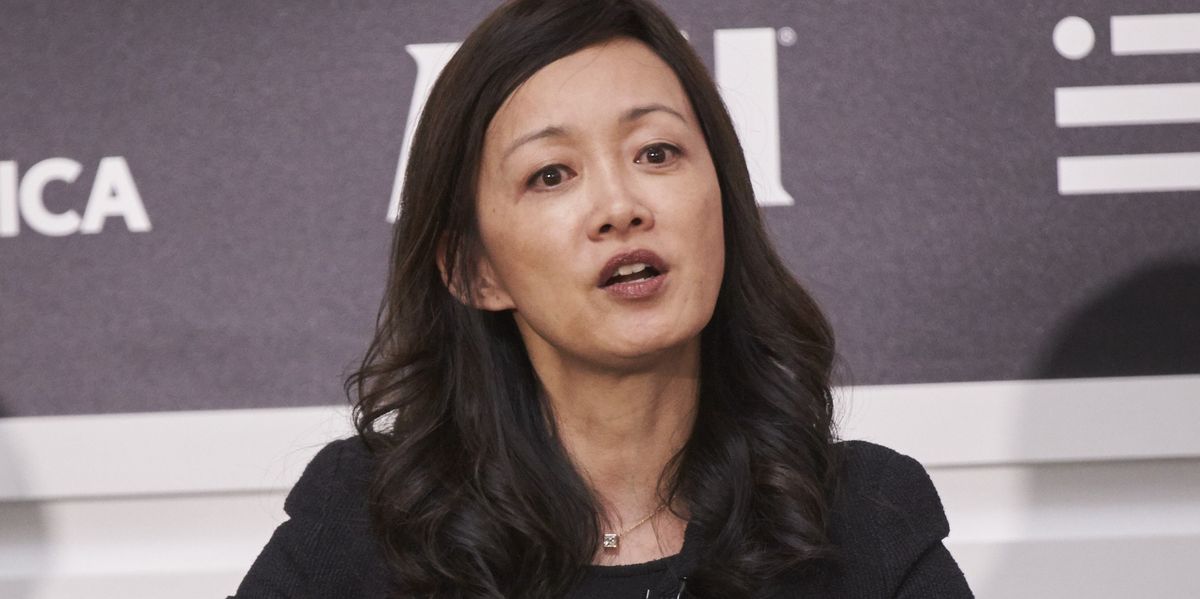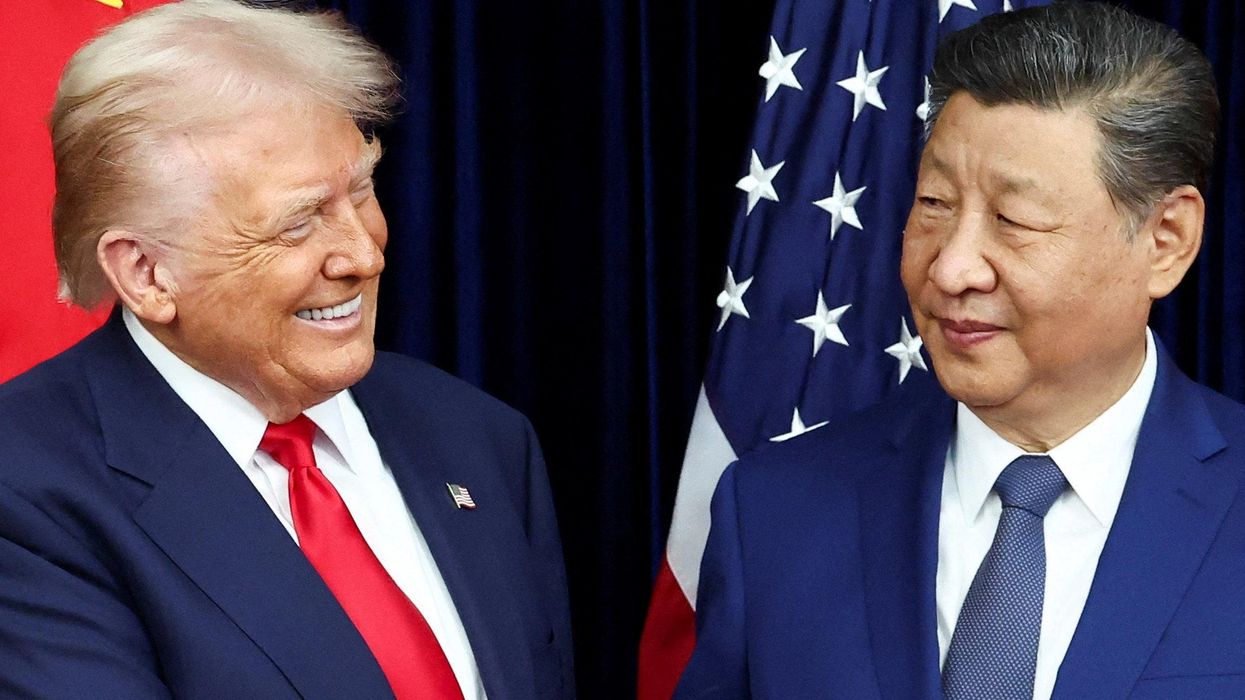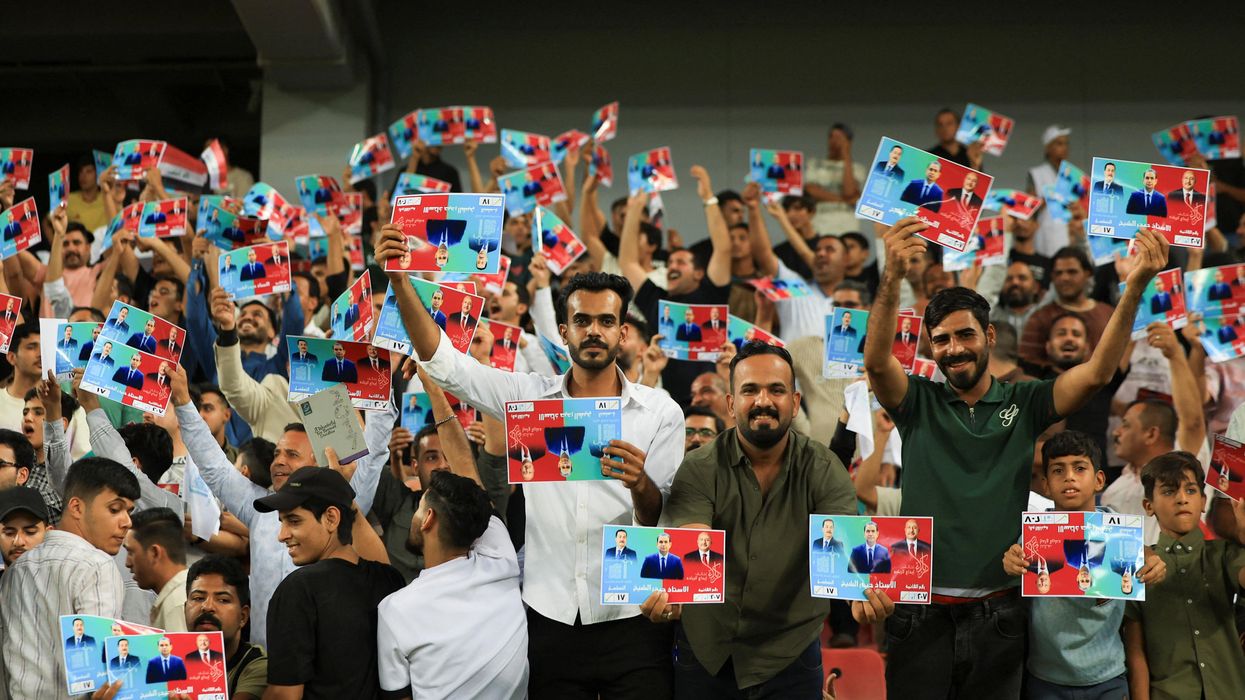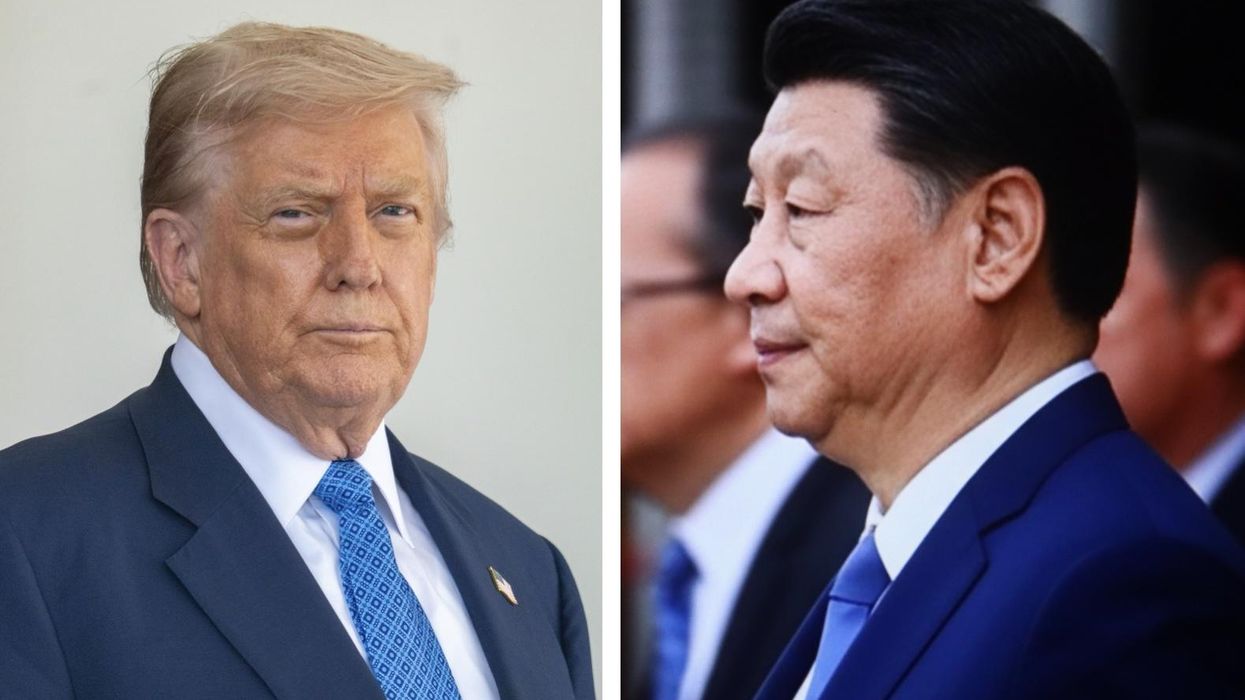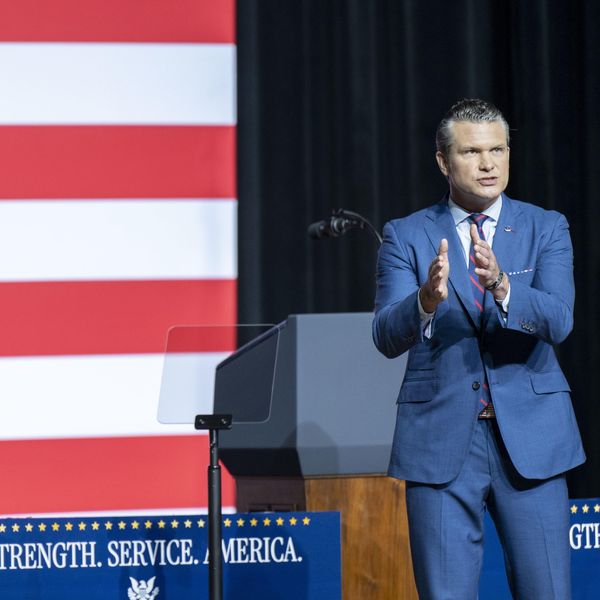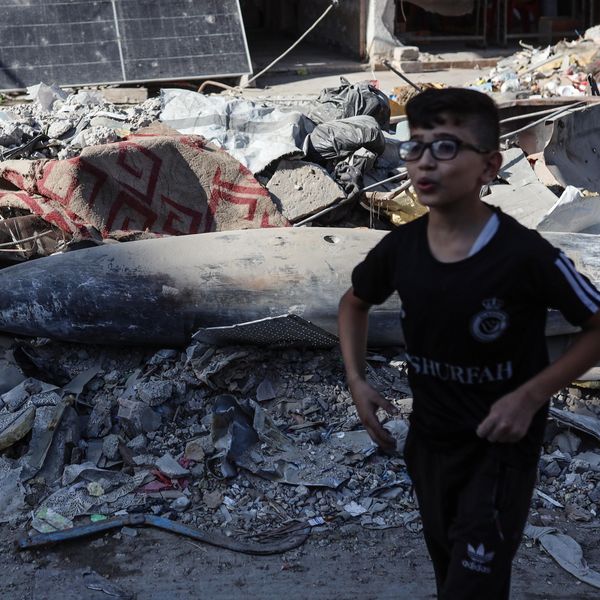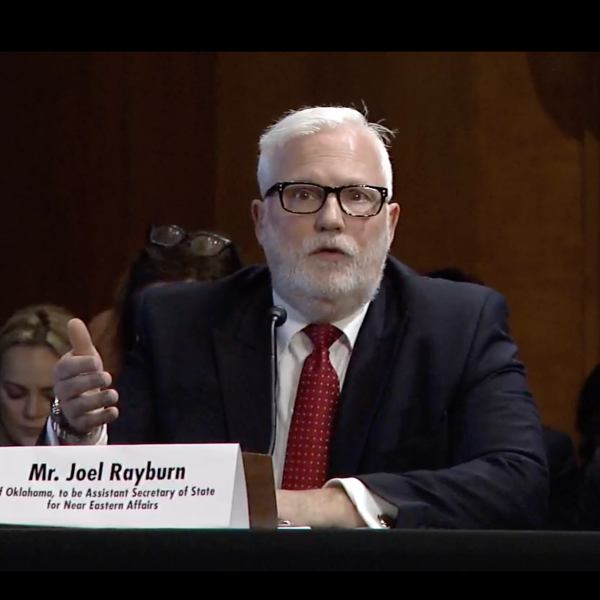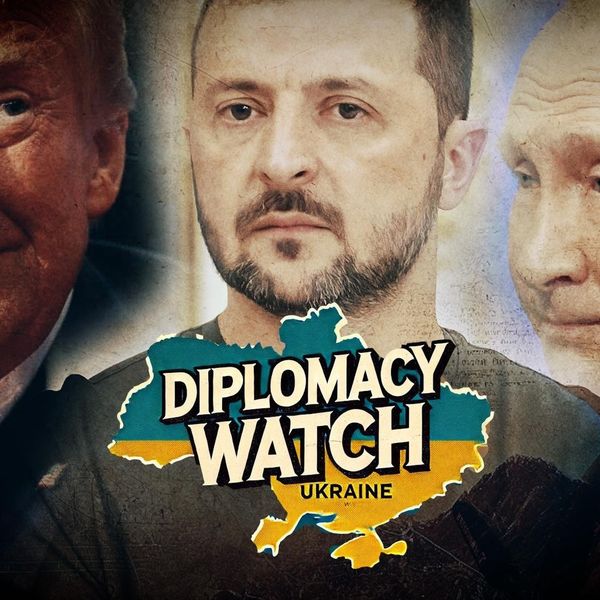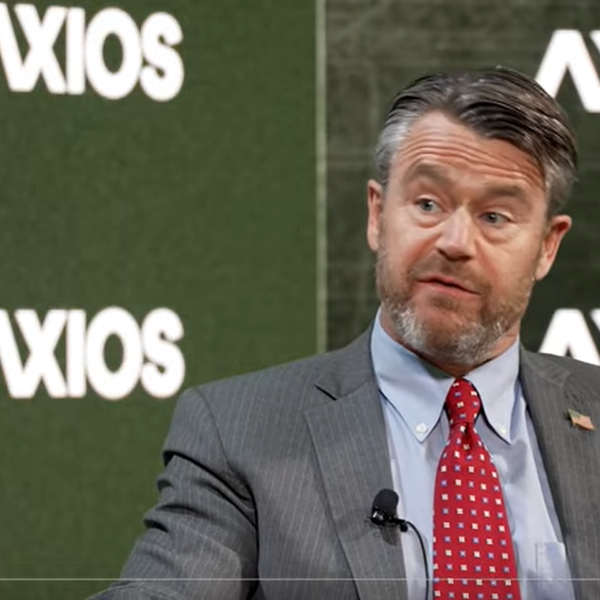American Sue Mi Terry was indicted July 15th on charges of violating the Foreign Agents Registration Act, including failure to register as a foreign agent.
The indictment alleges that she worked as an unregistered foreign agent for the government of South Korea in exchange for luxury goods and other gifts. It also accuses her of receiving and deploying talking points from South Korea’s National Intelligence Service (NIS) and providing that agency with inside information from an off-the-record discussion with Secretary of State Antony Blinken, amongst other allegations.
While the accused is presumed innocent, this case offers important lessons for whoever takes the Oath of Office as President of the United States next January.
Terry is typical of foreign policy influencers in and around Washington. Regarding North Korea, she advocated denuclearization as the preeminent goal, promoted sanctions, and cautioned against engagement with Kim Jong-un and the Democratic People’s Republic of Korea (DPRK).
But these policies have not kept the DPRK from achieving real nuclear capability, nor have they improved the human condition there. Widely regarded and cited in the indictment as a North Korea “expert,” Terry was a CIA analyst until 2008, then served on the National Security Council and National Intelligence. Since leaving government, she has been affiliated with the Center for Strategic and International Studies (CSIS), the Council on Foreign Relations and at the Wilson Center, where she was Director of Korean industrial giant Hyundai Motor’s Korea Foundation Center for Korean History and Public Policy.
Terry and husband, Washington Post columnist Max Boot, both have ties to the Council on Foreign Relations. Boot is reported to have collaborated with her on a story spouting ROK NIS talking points. One of Sue Mi Terry’s friends is Jung Pak, former Deputy Assistant Secretary of State who oversaw North Korea matters but suddenly resigned in early July. Pak’s departure is rumored to be connected to Terry’s legal troubles.
The case offers three significant lessons for the next President:
Lesson 1: US policy on North Korea has failed. Time for a new vector.
The absence of full-scale war on the Korean Peninsula is not “success”. Establishing an enduring peace, reducing the risk of nuclear or conventional conflict, and alleviating the suffering of the non-elites of the North Korean population are the proper measures. We have not made any progress on those fronts. Denuclearization should be the ultimate objective, but not at the exclusion of progress on other matters.
As a recommendation, the U.S. should make ending the Korean War a formal U.S. policy priority. The armistice that was signed in July 1953 was intended to be a temporary matter, replaced with a permanent peace treaty. The Geneva Convention of 1954 was the last focused attempt to reach such an agreement but failed miserably. The adversaries — formally the DPRK and the United Nations Command, but in practice North Korea, South Korea and the United States — remain in a state of war. Resolution is a necessary step to enable progress on denuclearization, human rights, and privation.
Lesson 2: Think tanks and affiliated experts are vulnerable to financial pressure from foreign entities
A footnote to the Terry indictment noted: “a "think tank," or policy institute, is a research institute that provides expertise and insight concerning topics such as global affairs to policymakers” and “often present themselves as independent sources of expertise.”
These organizations are big businesses. CFR’s 2023 annual report boasted of an endowment of $565 million and most if not all think tanks rely heavily on grants and gifts to operate. The gifts are often attributed to “anonymous” donors. For example, the Brookings Institution received from $2 million (minimum) to $6.3 million (maximum) from such donors from 2022 to 2023.
Furthermore, according to the indictment, Terry allegedly used a gift account for one of the three think tanks she has been associated with to mask the source of a $37,000 NIS payment. Strategically and on the tactical level, the presence of murky money can corrupt expertise and influence.
Many of these influencers migrate from think tanks to government and back again. In January 2021, Brookings announced that 19 of their experts had been selected to serve in high-level positions in the new Biden Administration. The list included Sue Mi Terry and Jung Pak. Then-Brookings President John R. Allen expressed his pride in the appointments, but Allen suddenly resigned the following year while under investigation for undue foreign influence himself.
The Justice Department did not charge Allen after the investigation — but the allegations were serious enough to merit a sudden departure.
The U.S. government should also require full disclosure of the source of gifts and donations to non-profit organizations which seek to influence U.S. foreign policy, as would be required if Congress passed legislation like the Fighting Foreign Influence Act. The government should also limit the number of individuals hired for senior positions, whose most recent employment was at a think tank with significant foreign government funding.
Using the Terry case as an example, the government should also strengthen vetting procedures for incoming foreign policy officials regarding potential foreign influence or affiliation.
Lesson 3: Foreign intelligence services, even friendlies, can present a threat to US interests
The indictment says Terry was compensated by the “ROK Government.” While technically accurate, that is a dangerous oversimplification. ROK NIS has been a free radical since its birth as the Korean Central Intelligence Agency in 1961. NIS and its predecessors have been alleged or proven to be involved in kidnapping, murder (in 1979 of ROK President Park Chung Hee), illegal surveillance, cyber crimes, bribery, and election interference.
Given its history, it should not be assumed that NIS — in this case or any other — is doing the bidding of its government rather than pursuing its own agenda.
ROK NIS may be a uniquely tawdry agency — but even our closest partners’ objectives do not always match ours. This case shows that our government officials — current and former — have become too comfortable with the presence of “friendly” spies in our midst, and improved safeguards are a must if the U.S. is to maintain sovereign independence in the formulation and implementation of foreign policy.
There needs to be an in-depth investigation of ROK NIS activity regarding U.S. officials and policy influencers, ideally with South Korean government cooperation. Also, a comprehensive threat assessment of the intelligence agencies of allied nations, with a briefing of the findings to the President and members of the Senate Select Committee on Intelligence and the House Permanent Select Committee on Intelligence.
Furthermore, an unclassified version of this document should be made publicly available.
The Sue Mi Terry case is so much more than the luxury purses and high-end sushi cited in the charges. It is a compelling call for the next President of the United States to increase safeguards against undue foreign influence on U.S. policy, especially when that influence contributes to enduring failure.
- Foreign bribery in Congress: 'The way business is done'? ›
- Bipartisan 'Fighting Foreign Influence Act' targets think tank funding ›
- Menendez's corruption is just the tip of the iceberg ›
